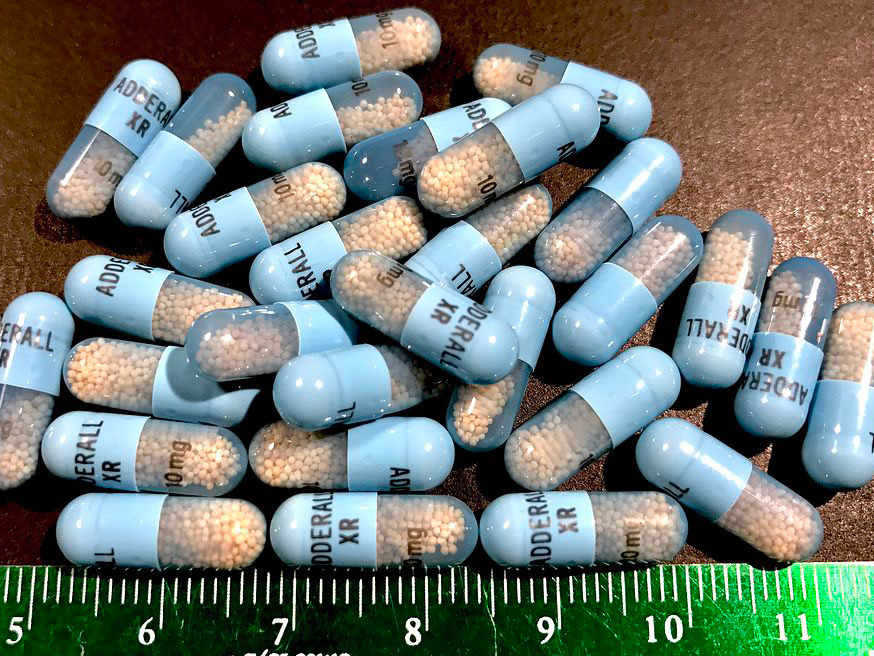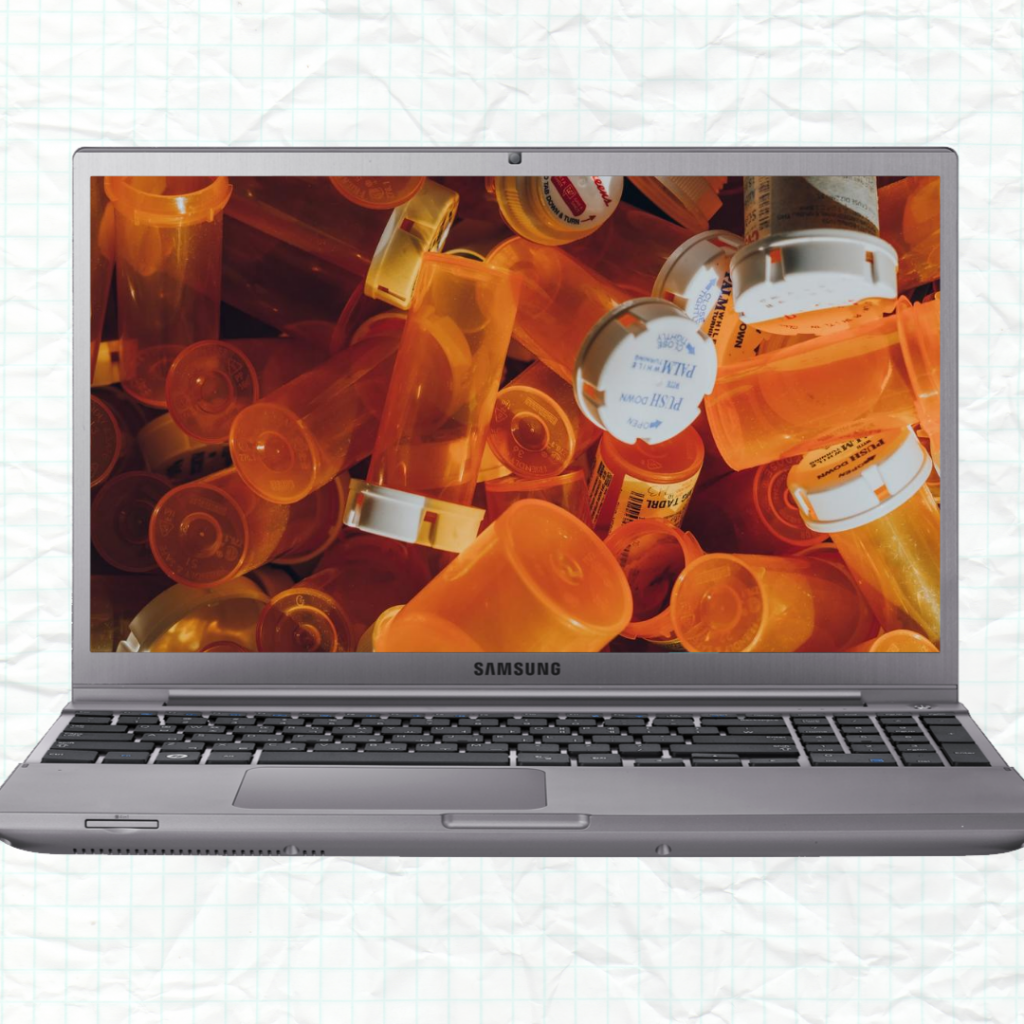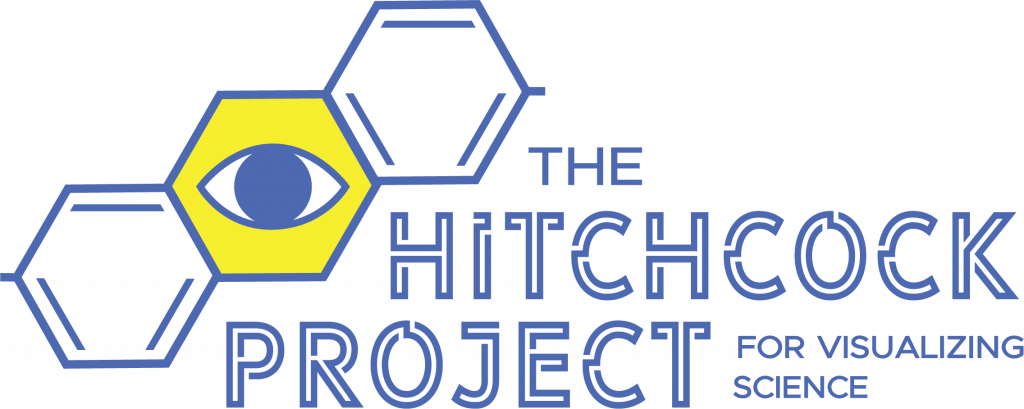
The tech industry is driven by intellectual and financial competition, the constant challenge to produce more, newer, and better technology. Keeping up with the speed and productivity of Silicon Valley is challenging for the average techie, but what if there was a magic pill that increased productivity and enhanced cognitive capabilities? Well there is, and it’s called Adderall.
What is Adderall?
Adderall is a psychotropic stimulant, commonly prescribed to all ages of
people diagnosed with ADD or ADHD. But the prescriptions aren’t limited to
those with a diagnosable medical condition. Adderall is often at the epicenter of ethical arguments regarding what is referred to as cosmetic neurology or psychopharmacology.
Cosmetic neurology, a term coined by Dr. Anjan Chatterjee of University of Pennsylvania, is described as the use of prescription drugs developed for recognized medical conditions, to strengthen ordinary cognitive function or productivity in undiagnosed, yet legally prescribed, individuals. Adderall is an amphetamine. And according to WebMD, it “increases your ability to pay attention, stay focused on an activity, and stabilize mood and behavior.” But like most amphetamines, it also gives the receiver the feeling of being high. It also poses the risk of dangerous side effects, such as increased heart rate, and risk of dependency.
The pressures of Silicon Valley make the tech industry particularly susceptible to abuses of such drugs. In fact, The Substance Abuse and Mental Health Services Administration reported that there were almost
45,000 drug treatment admissions in California that listed amphetamine as
the primary drug of choice.
“Adderall is a scary drug to mess around with, especially if you don’t have a
condition where you need it,” Frank Flores, a clinical mental health
counselor states. “There are positive aspects to taking stimulants, you know,
increased ability to focus, higher motivation, energy and just overall
improvement of mood and making them feel good. But there are a lot of
negative side effects too, like low self esteem, low sense of self worth. Taking the drug makes people feel they need to compensate for what they aren’t or what they can’t do.”
This drug is often abused recreationally, and even casually, to finish papers or cram for exams on college campuses. According to the National College
Health Association, close to 17% of surveyed students admitted to using
Adderall unprescribed in 2018. But, most undiagnosed people on college
campuses and in the tech industry who take Adderall don’t view or associate the drug with getting high or the bad side effects. Rather, they view it as a tool that increases their productivity and cognitive ability and makes them better at their jobs. In the tech industry, Adderall creates competitive and motivated superhumans.
“I’ve always considered the use of stimulants as a purposeful relationship.
Diagnosed people are getting something from it that they can’t get
themselves. It’s allowing them to be normal. But in my experience, when
these undiagnosed patients are prescribed it, it is because it’s a crutch. It is
the edge they need to be competitive in fiercely competitive, intense
situations.”
Is it ethical to use Adderall without a diagnosis?
Imagine a world where all the smartest tech people could work at full
capacity, or even better than full capacity. The amount of problems that could be solved, inventions that could be made, or software that could be coded, makes the idea of cognitive enhancement in the tech industry seem so beneficial. But there are ethical implications when it comes to cosmetic
neurology. It becomes necessary to analyze what is more important in this
platonic relationship, society or the individual. Neuroenhanced tech
superhumans could work longer shifts, require less breaks, and have less
distractions, giving them the opportunity to focus entirely on tech
innovations.
“It’s as common as coffee carts,” says Dr. Ben Young, assistant professor in
Philosophy of Cognitive Science & Neuroscience at University of Nevada,
Reno. “There [are parallels] between increased productivity and staying
relevant and competitive in the tech industry… Neuroenhancers can promote and enable this pattern to continue.”
Adderall causes the human brain to release certain chemicals: serotonin, dopamine, and adrenaline. These chemicals boost mood and increase energy. This increased energy and improved mood is what leads to new levels of productivity. But this new level of productivity can cause ripples in the workplace, as standards for employees can be raised. Flores says this is especially concerning when the receptors of the drug don’t actually need it.
“When people are undiagnosed, Adderall is not replacing the lack of brain
chemicals like it does in someone with ADHD. But it is still changing their
brain chemistry and body chemistry and releasing those same chemicals. So now they can have more than the average person, and their extreme
productivity and increased motivation is a direct reflection of that.”
In a study performed by the Mayo Clinic, people with increased brain activity could solve problems faster, and complete tasks quicker. Adderall makes the brain work harder than the unmedicated brain, which can change the atmosphere in workplaces, especially tech industries. A neuro-enhanced person can operate non-stop for nine hours straight with pure focus, and most stimulants suppress appetite as well.

As workplace expectations rise, so does Adderall use
“In tech, the only worth you have and reputation you build is based on the value you can provide to the company,” says Luke Keck, an employee of a tech company.
“So the people who take Adderall can do more in the nine hours we’re there, so they get a better reputation and workplace expectations go up.”
Keck has worked alongside prescribed people, and says the effects are
apparent and useful. He believes there’s a place for neuroenhancement in
tech industries, and he also believes there’s no alternative.
“It has a place in the industry. It has to. We as workers can’t afford to be
unproductive,” he says. “It’s all about competition, and who is doing more
and producing more, between employees in the same office, but also
between rival companies and industries. We can’t afford not to go above and beyond the bar of productivity.”
Young says we as a society need to figure out how to accept it, or at least accept the long term effects it could have down the line.
“There’s no denying that it’s happening. There’s also no obvious way to
control it. I think the important questions are going to be along the lines of
how common it is in corporate culture, how the side effects pan out long
term, and can we at least find a way to guide safe use. Dependency for the
individual, as well as the industry will be a big concern.”





